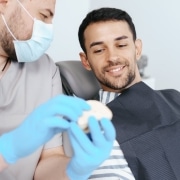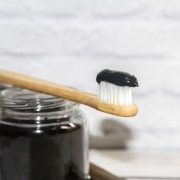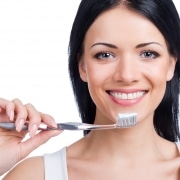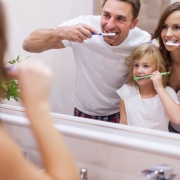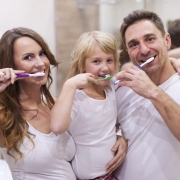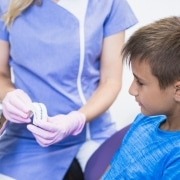3 Preventive Dental Care Treatments to Consider
Have you ever wished that you could push a “rewind” button and get back your healthy natural teeth? If you still have natural teeth that you want to protect, or you have younger loved ones whose teeth you’d like to protect, you can! Today, there are several preventative dental care treatments in Owensboro, KY that can help natural teeth stay healthy for as long as possible.
1. Dental Sealant
Dental sealant is a simple and straightforward way to add an extra layer of protection over natural teeth. The FDA-approved dental sealant is applied with a brush on certain teeth, such as molars. It’s allowed to harden and then it lasts for several months. Dental sealant is most often used on kids, but adults with healthy natural teeth can also get dental sealant. It’s non-invasive, painless and very effective at stopping cavities before they start.
2. Fluoride Treatment
Fluoride treatment is a wash that is flushed over the teeth to make teeth more impervious to bacteria. The fluoride fortifies the tooth enamel and adds minerals so that the teeth are harder and stronger. Just one fluoride treatment is enough to protect natural teeth for a long time. Talk to your dentist in Owensboro, KY about fluoride treatment options.
3. Teeth Polishing
Teeth polishing is a little bit different than teeth whitening, although teeth polishing will make your teeth brighter and whiter, too. In this preventative treatment, the teeth surface is polished, which helps to get rid of biofilm and plaque that harbor bad bacteria. Teeth polishing is most effective when it’s done in tandem with teeth cleaning.
These simple preventative dental care treatments will help you to keep teeth healthy in between dentist visits. Remember, preventative treatments are not a substitute for regular dentist visits. Contact us today to book your next appointment.

